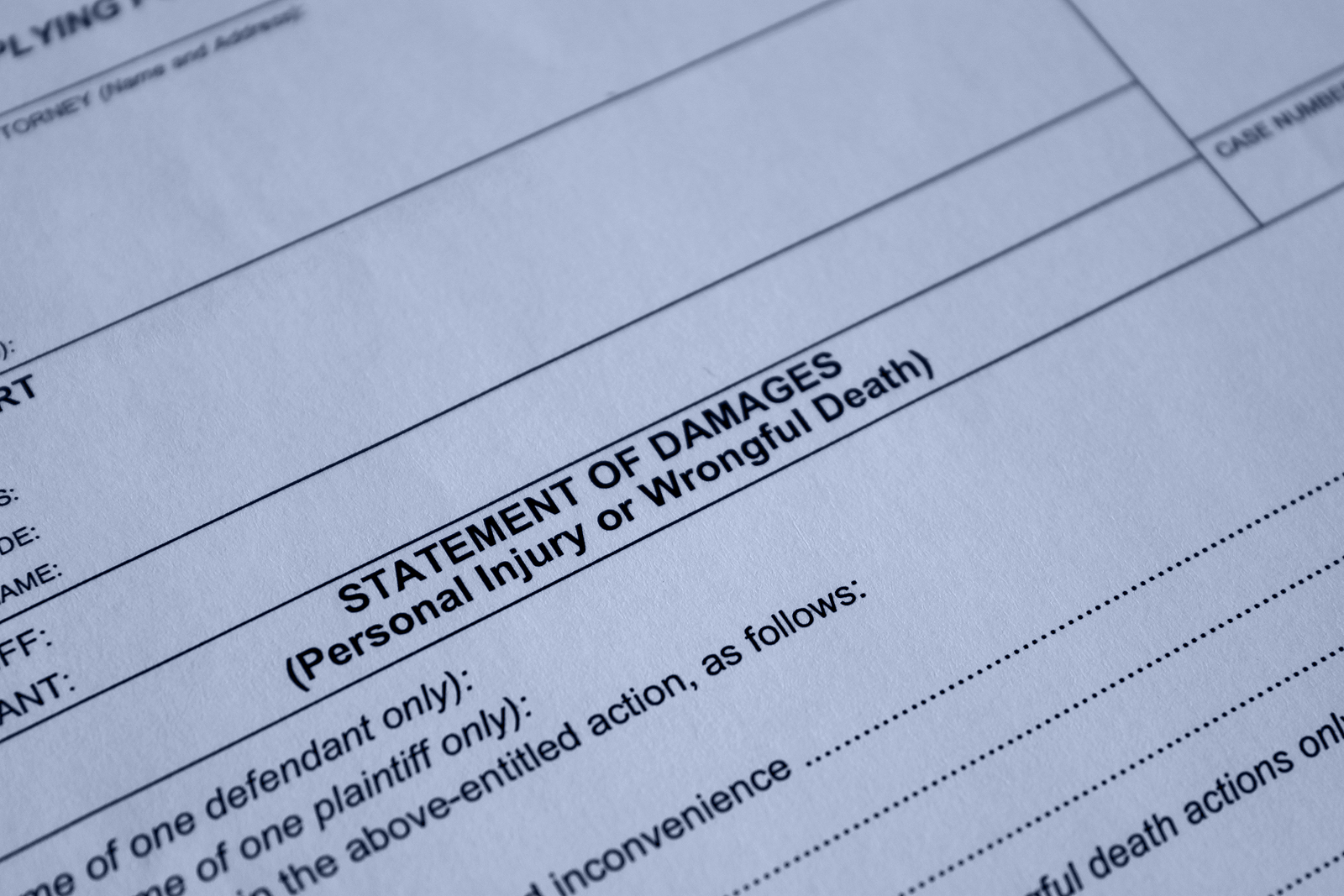In 2017, U.S. Senator Rand Paul of Kentucky was tackled by a neighbor in his own front yard in Bowling Green. Senator Paul filed a civil lawsuit against the attacker and was awarded almost $600,000. Only about $7,800 of that was for medical expenses, and $200,000 for pain and suffering from broken ribs and painful medical procedures. Those are considered compensatory damages. The bulk of the award, $375,000, was punitive damages awarded by the jury.
Compensatory vs. Punitive Damages
Typically, damages in personal injury lawsuits are intended to place the injured party in as close to the position they were in before the injury as possible. These are known as “compensatory” damages – because they aim to “compensate” the plaintiff for his or her injuries. A plaintiff can only be awarded compensatory damages up to the amount roughly equal to their injury. The number is calculated based on the status of the plaintiff. In some cases, however, a defendant’s conduct leading to an injury may be deemed to be so negligent or reckless that justice will only be served if the defendant is punished above what compensatory damages allow. Punitive damages, in addition to punishing the wrongdoer, are intended to deter similar behavior by others. Some states place limits on the amount of punitive damages that can be awarded in personal injury cases. Kentucky has no such limit.
How are punitive damages calculated?
A plaintiff may seek punitive damages in any amount agreed upon with his or her attorney. It must be proven at trial that the defendant’s conduct was intentional and reprehensible enough to require punishment over compensatory damages. Under Kentucky law, there are several factors a jury must consider when determining the amount of punitive damages to award. In assessing punitive damages, a jury must consider:
- The likelihood at the relevant time that serious harm would arise from the defendant’s misconduct;
- The degree of the defendant’s awareness of that likelihood;
- The profitability of the misconduct to the defendant;
- The duration of the misconduct and any concealment of it by the defendant; and
- Any actions by the defendant to remedy the misconduct once it became known to the defendant.
Other facts about punitive damages
- Punitive damages are taxable. Damage awards are not taxable if the award is meant to compensate the injured party for physical injuries. Because punitive damages are only meant to punish the wrongdoer and deter future bad behavior, states will tax the extra damages awarded as a solely punitive measure.
- A plaintiff must seek punitive damages in his or her complaint. Juries do not just award punitive damages on their own. A plaintiff must prove at trial that the defendant acted intentionally with “oppression, fraud, or malice,” with clear and convincing evidence.
- A judge can override a jury award. Sometimes, a judge will find a jury’s award to be unreasonable, and in some cases can either increase or decrease the amount a jury awards a plaintiff.
Contact a Lexington, Kentucky personal injury attorney
Because punitive damages must be supported by evidence at trial, it is important to retain an attorney knowledgeable about punitive damages if you feel you have been injured by a defendant acting not just negligently, but maliciously. If you have been injured and are seeking compensation, contact an experienced Lexington, Kentucky personal injury lawyer. Contact the Roberts Law Office to discuss your case for free. Call (859) 231-0202 or fill out the online form to set up a consultation.

